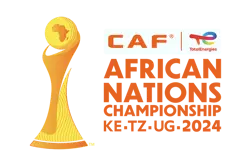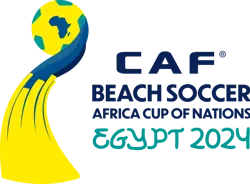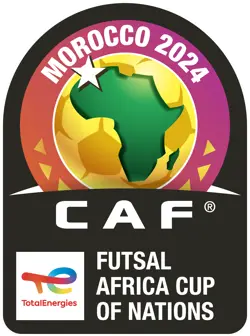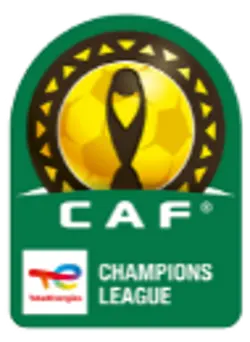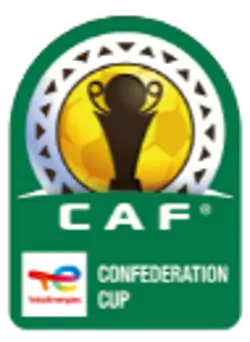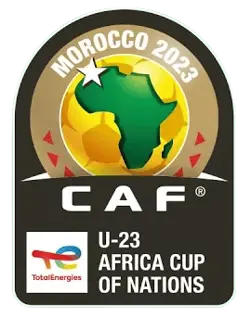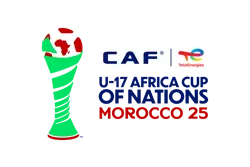Coach Appiah reveals how Sudan defied the odds to qualify for TotalEnrgies CAF AFCON 2025
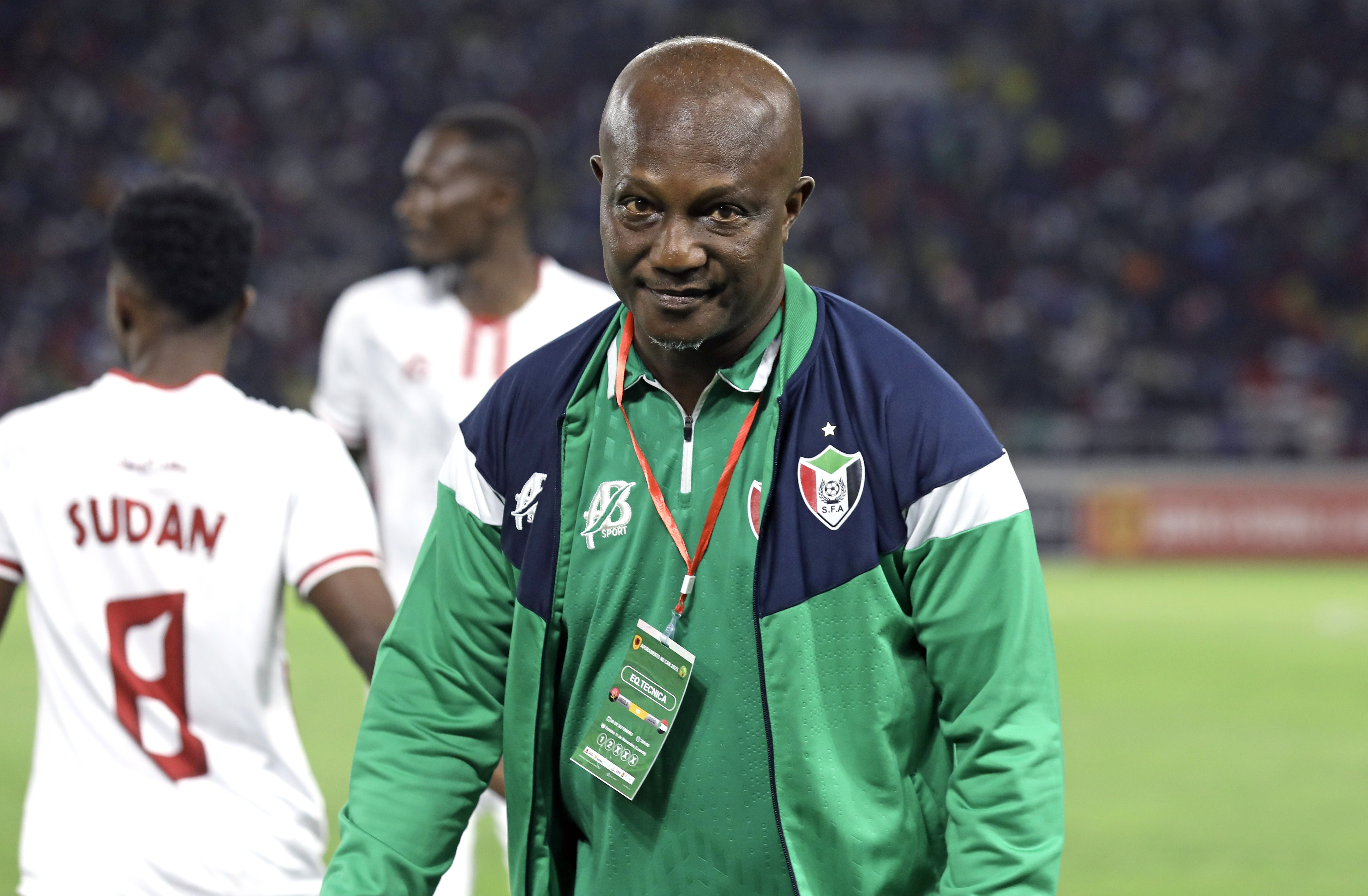
CafOnline.com: First of all, congratulations on the remarkable feat of sending Sudan back to the AFCON after many years. The draw for the competition is on Monday. How does it feel to return to this stage with a side that many didn't give a chance under such difficult circumstances?
Kwesi Appiah: Thank you very much for the acknowledgment. I'm actually pleased that, for some time now, the Sudanese people have felt joy in their lives after qualifying for the AFCON after so many years. I'm very proud to be part of this success story.
CafOnline.com: What are your expectations for the draw? Are there teams you want to face or want to avoid?
Kwesi Appiah: Once you’ve qualified for AFCON, as a coach, I don’t think you should have any preferences regarding who you’re drawn against. We must be ready to face anyone. If you fear any team, then you shouldn’t participate in the competition at all. The key is preparation and confidence.
CafOnline.com: When you first took over as Sudan’s head coach, what was your message to the team?
Kwesi Appiah: My first message to the players was that we were all there to make sure Sudan qualifies for the AFCON and the World Cup as well. Before I even signed the contract, I made it clear to the Sudanese football authorities that I wouldn’t take the job unless there were clear targets. I told them the ambition should be qualifying for the AFCON, CHAN, and the World Cup. They agreed, and we included it in the contract.
I passed the same message to the players. Thankfully, they embraced the challenge, and we’ve worked together toward achieving it.
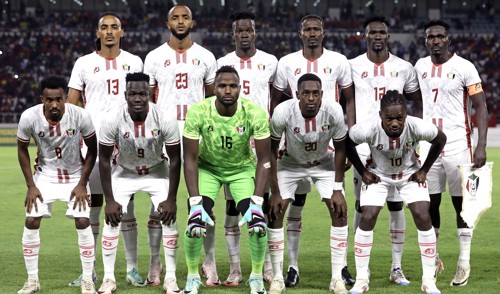
CafOnline.com: How did you adapt your coaching style to fit the Sudanese players and their football culture?
Kwesi Appiah: Back in 2014 and 2015, I coached a club in Sudan, so I already understood their culture and football style. At that time, I selected young players for the club, and about nine of them made it to the national team. Fortunately, I met five or six of them still in the squad when I took over as head coach.
These players already understood my coaching philosophy, and they helped ensure the rest of the team bought into it. They were motivated not just to play for Sudan but to also give their all for me, which has made the journey smoother.
CafOnline.com: How did you motivate the team to keep fighting, despite the challenges of war and the absence of domestic football?
Kwesi Appiah: It was a really difficult situation. Sometimes, while we were in camp, players would lose family members, and we all had to console them. This happened several times. I reminded them that they were the only people who could bring joy to the faces of their fellow Sudanese, many of whom were struggling without food, water, or safety.
I told them to put their struggles behind them, fight on, and represent their country with pride. Thankfully, the players complied and have been giving their best every step of the way.
CafOnline.com: What were the biggest challenges you faced coaching a team that had to play all its matches away from home?
Kwesi Appiah: Playing all our matches away from home was very challenging. I told the players to view every venue we played at as our home, reminding them that the opposition also brought just 11 players onto the pitch, the same as us.
I encouraged them to focus on the task at hand and to support each other because, given the circumstances, we couldn’t rely on home support. That mentality made all the difference.
السودان يتأهل إلى نهائيات كأس أمم إفريقيا - المغرب 2025#تصفيات_كأس_أمم_أفريقيا #السودان pic.twitter.com/7QqqWEvGsV
— beIN SPORTS (@beINSPORTS) November 18, 2024
CafOnline.com: How did you keep the players competitive and in form, given that there’s been no domestic league in Sudan for years?
Kwesi Appiah: It’s been tough without a domestic league. Since I took over, I’ve had to rely on players from just two clubs—Al Hilal and Al Merreikh. Even now, only Al Hilal remains active, as Al Merreikh is no longer in continental competitions.
The lack of league football limits our options, but the players who remain active have been giving their all. Some also play abroad, mainly in Libya, which helps keep them in form.
CafOnline.com: Qualifying Sudan for AFCON 2025 amidst a civil war is a remarkable feat. What does this qualification mean to the people of Sudan, especially during these difficult times?
Kwesi Appiah: It has brought immense joy to every Sudanese, both at home and abroad. The people have endured so much because of the war, and this qualification is something they can smile about. It’s a way of giving back to them, reminding them that even in tough times, hope remains.
CafOnline.com: You edged out Ghana, your home country, to secure qualification. What emotions did you experience when this became a reality?
Kwesi Appiah: When the draw placed Ghana in our group, I did several interviews where I said I hoped both Ghana and Sudan would qualify. It’s unfortunate Ghana couldn’t make it.
As a Ghanaian, I’m not happy about that, but football has evolved, and every country needs to prepare well for competitions. I hope Ghana learns from this and comes back stronger in future tournaments.
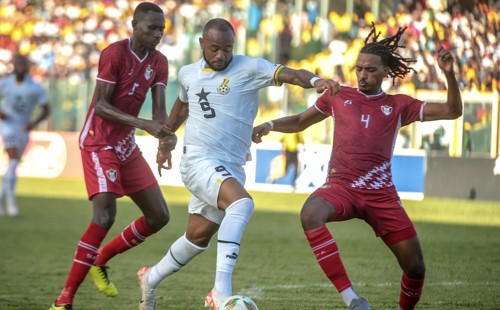
CafOnline.com: Having played at the World Cup with Ghana, do you think Sudan has the potential to achieve similar heights?
Kwesi Appiah: Sudan has a lot of good players who are physically strong and hardworking. However, unlike countries like Ghana, which has a large pool of high-quality players, Sudan’s talent pool is limited due to the lack of a domestic league.
Still, the players are ambitious, and I believe they can achieve great things with the right support and preparation.
CafOnline.com: What are your expectations for the Sudanese team at the 2025 TotalEnergies CAF AFCON in Morocco?
Kwesi Appiah: The goal is not just to participate but to fight for the trophy. I believe with the right mentality, we can achieve it. There’s no point going to the competition if you don’t aim to win. We are going to Morocco with ambition and belief.
CafOnline.com: The civil war in Sudan has undoubtedly impacted the players. How have you addressed the psychological and emotional toll on the team?
Kwesi Appiah: As a coach, I’ve learned that you can’t just focus on tactics; you also need to address the psychological and emotional well-being of your players.
Many of our players have lost family members or friends, and it’s my responsibility to help them cope. We work together to ensure they’re in the best mental shape possible before every match.
CafOnline.com: As a Ghanaian leading another African nation to glory, do you feel a sense of responsibility to uplift African football as a whole?
Kwesi Appiah: Absolutely. As Africans, we need to cherish our own talents. There are many great African coaches out there who can achieve amazing things if given the chance. I hope my success with Sudan inspires others to trust African coaches and believe in our potential.
CafOnline.com: What is your message to the people of Sudan, both at home and abroad, in these difficult times?
Kwesi Appiah: My message to all Sudanese people is to continue supporting the team and to strive for peace. I hope the fighting stops so that everyone can return home and be with their families. Football has the power to unite, and I believe Sudan can come together through the sport.

